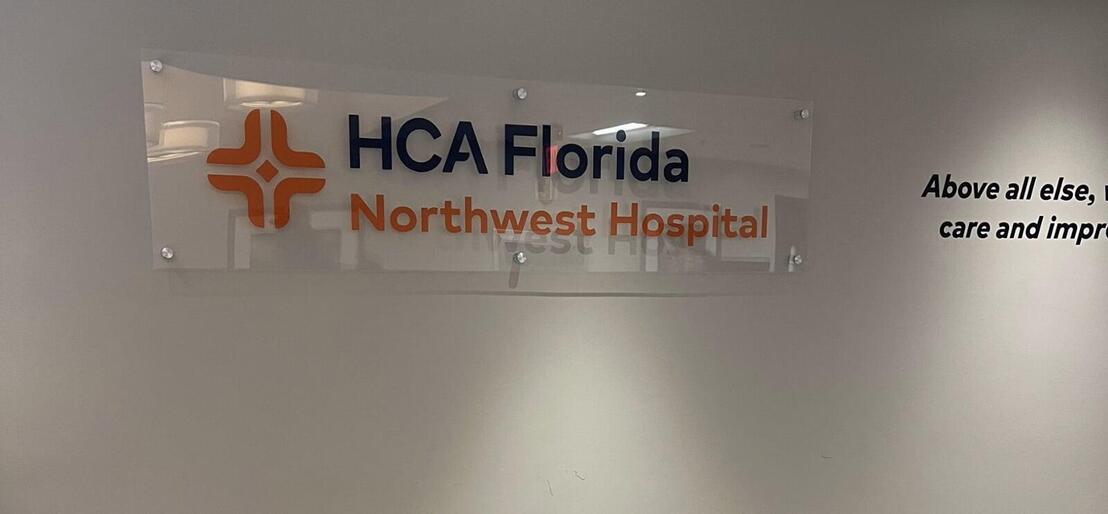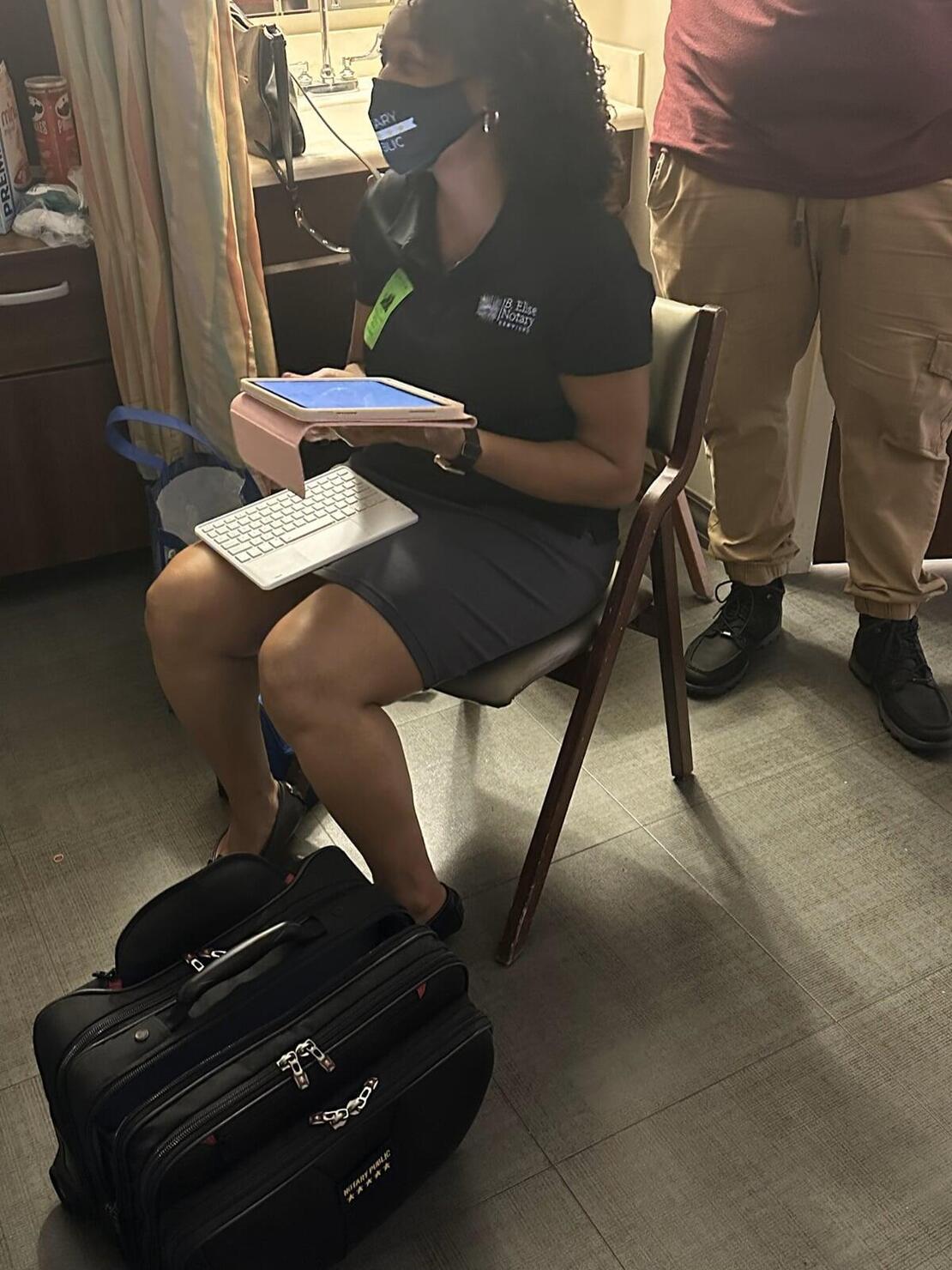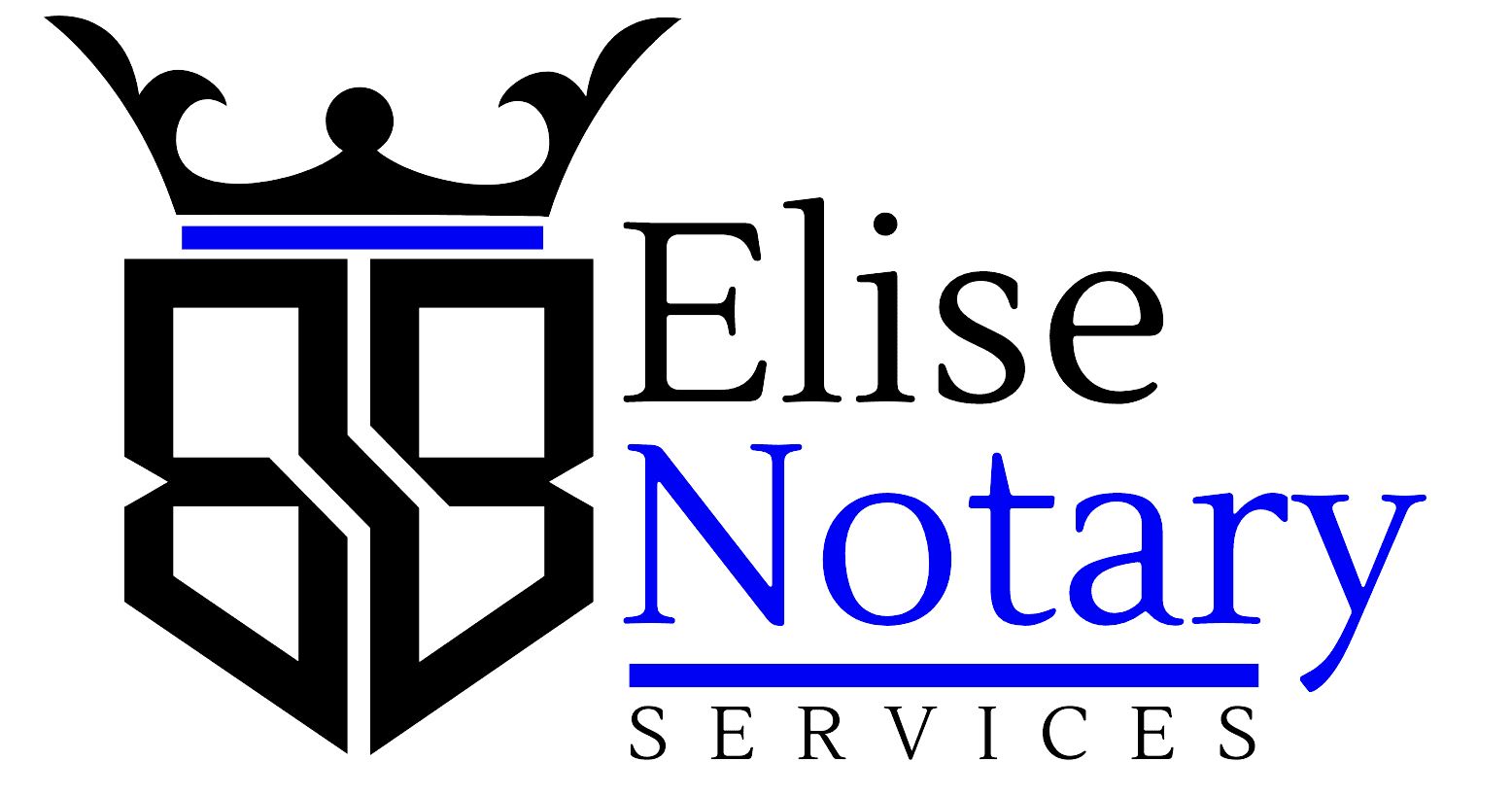The Convenience and Importance of Mobile Notary Services in Hospitals and Medical Facilities

Life can be unpredictable, and sometimes important documents need to be signed and notarized under challenging circumstances. Whether you or a loved one are in a hospital, rehabilitation center, hospice, or another medical facility, having access to a professional notary who can come to you is invaluable.
What is a Mobile Notary?
A mobile notary is a commissioned notary public who travels to clients' locations to notarize documents. Unlike traditional notary services that require you to visit a physical office, mobile notaries offer flexibility by meeting you wherever you are, including medical facilities.
Why Might You Need a Notary in a Medical Facility?
There are several reasons why someone in a hospital, rehabilitation center, or hospice may need notary services:
Power of Attorney (POA): Granting authority to a trusted individual to make decisions on your behalf.
Advance Healthcare Directives: Specifying your medical treatment preferences and appointing a healthcare proxy.
Wills and Estate Planning Documents: Ensuring your assets and wishes are properly documented.
Financial Documents: Handling urgent banking or legal matters that require notarization.
Consent Forms: Authorizing medical procedures or transferring decision-making rights to family members.
How Does the Process Work?

Scheduling a mobile notary is simple. Here’s what you can expect:
Contact the Notary – Call or book an appointment online, providing details about the documents you need notarized.
Prepare Necessary Identification – The person signing the documents must have a valid, government-issued ID.
Ensure the Signer is Aware and Willing – The notary must confirm that the individual signing is of sound mind and is signing voluntarily.
Meet at the Facility – The notary will come to the medical location at the scheduled time.
Complete the Notarization – The notary will verify identities, witness the signing, and apply their official stamp and signature.
Special Considerations in Medical Settings
Hospitals and medical facilities have strict protocols, so it’s essential to:
Coordinate with hospital staff to find a suitable meeting space.
Confirm visitor policies and any special requirements.
Ensure the signer is mentally alert and capable of making decisions.
Have all necessary witnesses present if required.
The Benefits of a Mobile Notary for Patients and Families
Convenience: Eliminates the stress of traveling while ill or injured.
Timeliness: Allows for urgent notarizations when time-sensitive matters arise.
Peace of Mind: Ensures legal documents are properly executed, protecting your interests.
Because I am mobile, I am equipped with a mobile printer and scanner to meet your needs in such a crucial moment. It's this convenience that I offer to set aside additional stresses for you.
Important Considerations
Because of the circumstances, there is always a chance that services may not be rendered. Here are some reasons why a notary may need to decline an appointment:
Signer is cognitively impaired – This can be caused by medications, medical, or mental conditions.
Signer is not willing to sign – The individual must sign of their own free will.
Signer does not understand or is unaware of what they are signing – Notaries must confirm comprehension.
Signer is being coerced – Any sign of undue influence or pressure invalidates the notarization.
These types of circumstances are critical and will result in a declination of the appointment.
If you’re in need of a mobile notary for a medical facility visit, don’t hesitate to reach out and schedule an appointment today!


